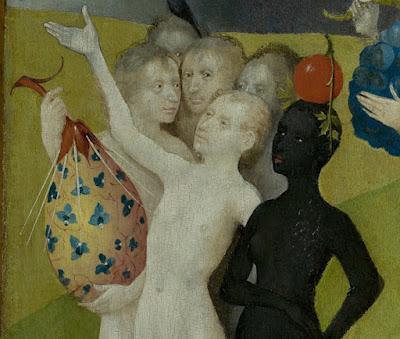Μετά την ψυχική δοκιμασία της Αυγουστιάτικης πυρκαγιάς της Αττικής χρειαζόμασταν μια ανάσα αισιοδοξίας και δροσιάς. Τη βρήκαμε στη θαυμάσια έκθεση φωτογραφίας "Στη χώρα των ονείρων" του Αμερικανού φιλέλληνα Robert McCabe, που απεικονίζουν την Ελλάδα του 1950 και 1960.
Δεν συμμερίζομαι την άποψη ότι το πρόσφατο ή μακρινό παρελθόν ήταν καλύτερο στα πάντα συγκριτικά με το σήμερα, το γεμάτο άγχος (τεχνητό και φυσικό), ρύπανση (εξωτερική και εσωτερική) και αποξένωση. Όχι, δεν πιστεύω ότι το παρελθόν ήταν παράδεισος και το παρόν είναι κόλαση.
Ωστόσο οι φωτογραφίες του Ρόμπερτ Μακέιμπ εκπέμπουν μια παιδική αθωότητα και αφέλεια, από μικρούς και μεγάλους πρωταγωνιστές, που σπάνια συναντάς στις μέρες μας. Η λιτότητα, που συνήθως είναι μάλλον φτώχεια και ανέχεια, διαποτίζει τα φωτογραφικά στιγμιότυπα. Είναι όμως μια λιτότητα και φτώχεια ανέμελη και γεμάτη αξιοπρέπεια και, ναι, ακόμη και γεμάτη χαρά!
Το κυρίαρχο χαρακτηριστικό της έκθεσης είναι η ανθρώπινη τρυφερότητα, που είναι παρηγοριά και χάδι για τα χορτάτα από πλούτο, πληθώρα και επίδειξη (υλική και άυλη) μάτια μας. Να τη δείτε αυτήν την έκθεση. Να τη ρουφήξετε.































